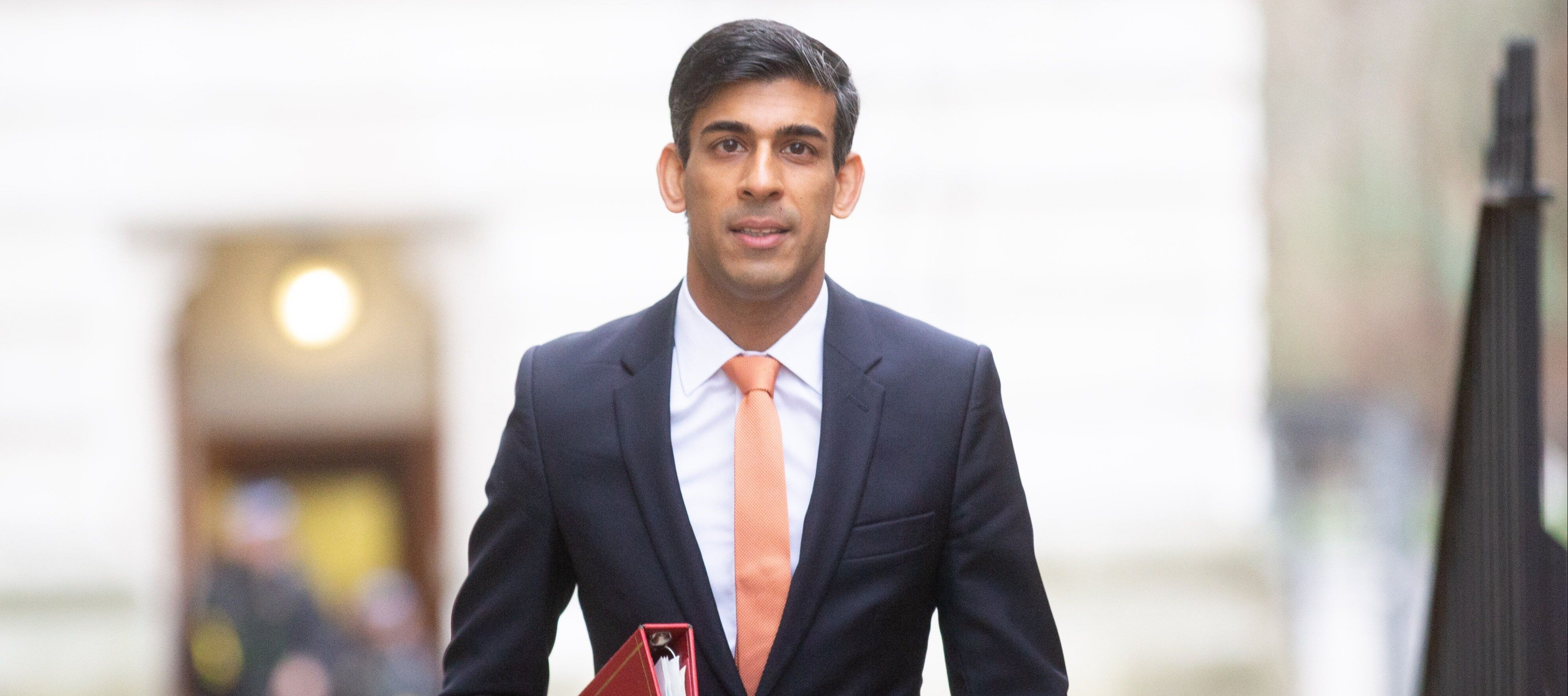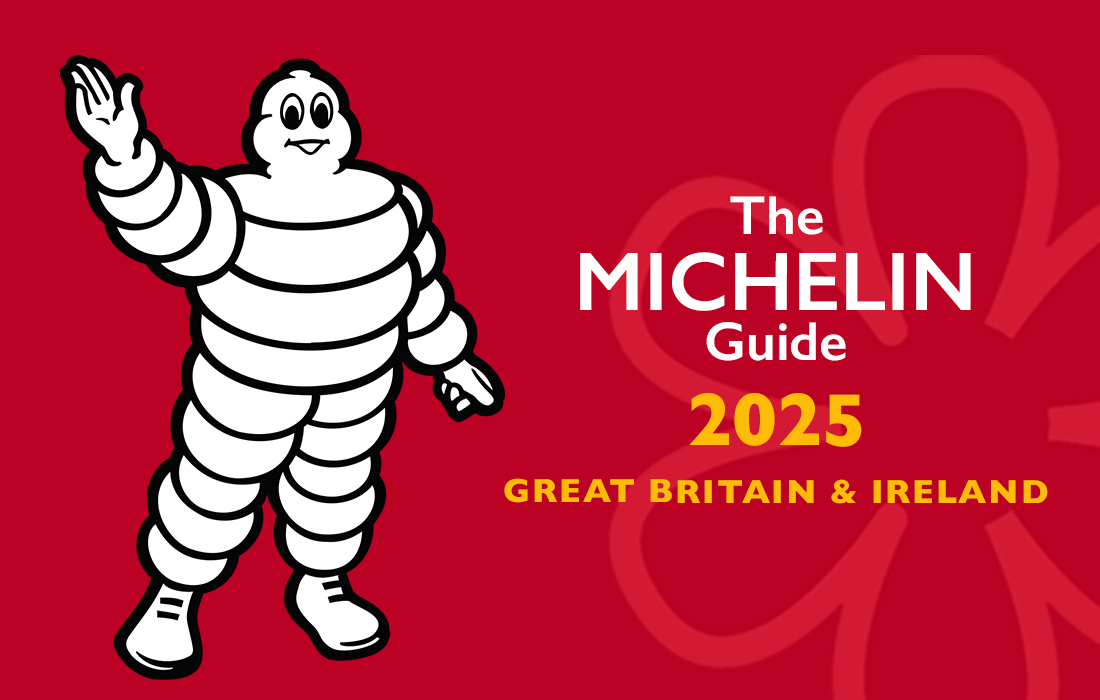Rishi Sunak introduces flexible furlough with 10% employer contributions from September
Chancellor Rishi Sunak has announced that employers will be asked to pay 10% of furloughed workers' wages from September, rising to 20% in October.
He also said that from July flexible furlough would be in place, allowing employers to bring back staff part-time.
At the moment the government is paying 80% of employees’ salaries, up to £2,500 a month. There are currently more than eight million people on the Job Retention Scheme.
It has already been announced that the scheme has been extended to October, but from August employers will need to pay furloughed employees' National Insurance and pension contributions. In September they will need to contribute 10% towards wages, rising to 20% in October, before the scheme closes.
Sunak said: "As we reopen the economy there is broad consensus across the political and economic spectrum the furlough scheme can not continue indefinitely.
"Two weeks ago I underlined the principles of my approach. The furlough scheme will remain open until October and we will ask employers to start contributing as we introduce flexible furloughing and employees will see no change to their level of support."
Commenting on this evening’s announcement of changes to the Coronavirus Job Retention Scheme, UKHospitality chief executive Kate Nicholls said: “This is a positive and pragmatic step towards reopening the economy while recognising that this recovery will take time, particularly in hospitality.
"Giving businesses increased flexibility from the start of July is extremely welcome as hospitality looks to reopen its doors to the public. The move, which UKHospitality had been calling for, will allow more people back to work on a part-time basis and help venues ensure safety for customers and staff. Flexibility is going to be crucial if businesses are to open and be economically viable with social distancing measures in place.
"The introduction of employer contributions to the scheme from August will put some businesses under particular strain, but the way it is tapered allows for a gradual adjustment. Further support for the self-employed is also helpful for many in our sector.
“The government still needs to recognise that these costs will be difficult for hospitality businesses to bear, and consider other measures to support the sector. This must include brokering a solution on rents, with Treasury contributions if necessary, and considering further grants to support businesses to reopen.
“If we can find a solution on rents and get an extension of the grant scheme, this will mitigate much of the impact of the reduced furlough. If we do not, a very difficult spring would become a disastrous summer for hospitality.
“We hope the government bears in mind that many high street businesses will be reopening in the next couple of weeks, whereas hospitality will be forced to survive for an additional month, at the very least, on this reduced form of furlough.”
Sacha Lord, night time economy adviser for Greater Manchester, said that the change may come too soon for some operators, who will struggle to open fully by the autumn.
He added: “My concern is that the hospitality industry was the first to be told ‘you have to shut down’ so overnight people’s incomes just stopped, and the furlough happened. It’s fine for operators to pay 20% towards furlough if they’re operating, but if you’re shut like restaurants, bars, clubs at the moment operators can’t afford to do that. So this could have made a lot of people redundant and see businesses closed.
“My point to the government would be if you allow restaurants, bars to open at 50% then you have to carry on your support at 50% with them be it 50% furlough, 50% VAT holidays, 50% business rates holidays they need to support right the way through in a staggered approach.”


















